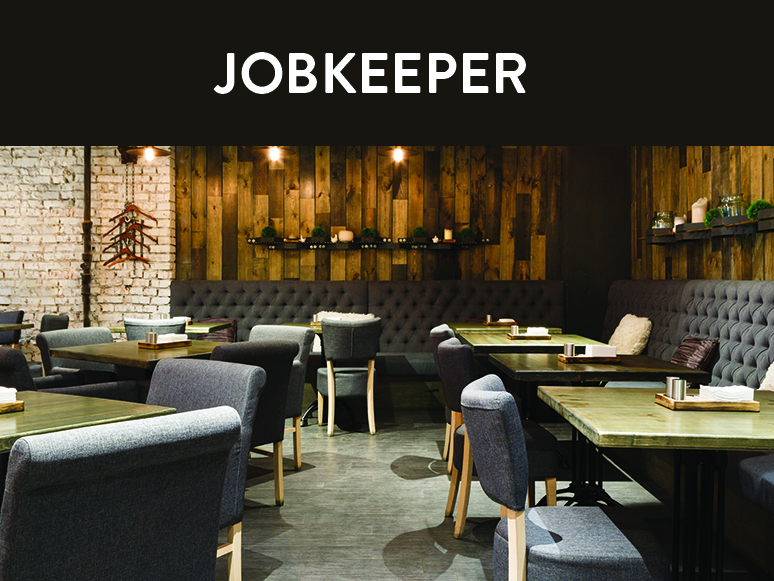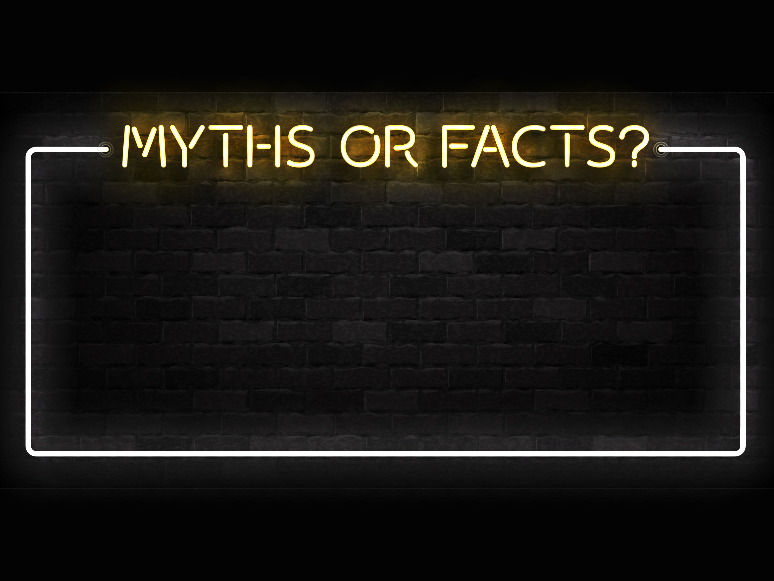logo


17th Oct, 2020

The ATO has also released an array of new and updated information sheets addressing the changes to JobKeeper. Here is a summary of some main points to consider.
The ATO states that the actual decline in turnover test can be satisfied in two ways, using:
The basic test involves the comparison of actual GST turnover for the relevant comparison periods (eg September 2020 to September 2019). Generally, businesses will use the basic test. The option of an alternative test has been made available for some cases where the normal comparison period is not appropriate. There is also a modified basic test for group employer labour entities.
The actual decline test is similar to the “original” decline in turnover test, except that:
The ATO states that existing JobKeeper participants have already satisfied the original decline in turnover test, and do not need to satisfy it again. They do, however, need to satisfy the actual decline in turnover test.
New participants also need to satisfy the actual decline in turnover test. Although they need to satisfy the original decline in turnover test, they will satisfy it if they satisfy the actual decline in turnover test – and they can enrol on that basis.
Employers now unable to claim JobKeeper should notify their eligible employees. Employees should also be advised that the employer is no longer obligated to pay them the amount equivalent to JobKeeper. Those employees will not be eligible to be nominated for JobKeeper by any other entity.
There is no obligation to do monthly reporting during extension period in which an employer is not eligible to receive JobKeeper.
For the JobKeeper fortnights starting 28 September 2020 and 12 October 2020 only, the ATO is allowing employers until 31 October 2020 to meet the wage condition for all employees included in the JobKeeper scheme. In addition, to claim payment for the September JobKeeper fortnights, employers must have enrolled by 30 September.
The ATO states that a full-time employee who has been employed for their full 28-day reference period will usually satisfy the 80-hour threshold.
However, closer examination may be required for eligible employees who are:
If an employee has been stood down, an alternative reference period may apply to them.
Any overtime performed by an employee in the course of their employment in their 28-day reference period will count towards the 80-hour threshold. It is the actual hours of overtime performed that count; that is, if a penalty rate loading applies, it does not increase the number of hours counted.
Employers cannot claim for employees who:
If employees have multiple employers, they can usually choose which employer they want to be nominated by. However, if employees are long-term casuals and have other permanent employment, they must choose their permanent employer. They can’t be nominated for the JobKeeper payment by more than one employer.
Employers must also have given a JobKeeper employee nomination notice to any additional employees who first become eligible on or after 3 August 2020 using the 1 July test. This should have been given to any newly eligible employees by 24 August 2020. If not already done, the ATO says it should be done as soon as possible.
17th Oct, 2020

The ATO has reminded employers that the superannuation guarantee (SG) amnesty closed on 7 September 2020. The amnesty enabled employers to self-correct historical SG underpayments, without incurring the normal penalties, for SG shortfalls from 1 July 1992 until 31 March 2018.
Any amnesty applications received by the ATO after 11:59pm on 7 September will not qualify for the amnesty and but instead will be treated as a standard lodgment of a super guarantee charge (SGC) statement.
The ATO will notify late applicants in writing of the quarters that aren’t eligible for the SG amnesty and charge the administrative component ($20 per employee per quarter), also considering whether to remit the additional SGC penalty (up to 200%). A minimum penalty of 100% will apply if the ATO subsequently commences an audit in respect of non-disclosed quarters covered by the amnesty.
The ATO will issue a notice of amended assessment with the increased SGC amount owing. Any SGC payments made after 7 September 2020 are not deductible, even if they relate to SG shortfalls disclosed under the amnesty.
To retain the benefits of the amnesty, the law requires an eligible employer to pay the outstanding SGC amount in full or enter into a payment plan with the ATO. Note that the SGC amount disclosed in an amnesty application must be paid to the ATO (not the employee’s super fund).
Amnesty payments made after 7 September 2020 are not deductible (including amounts paid under a payment plan after 7 September). If an employer is subsequently unable to maintain payments under a payment plan, the ATO will disqualify the employer from the amnesty and remove the amnesty benefits for any unpaid quarters.
15th Aug, 2020

The ATO’s key JobKeeper information has been updated to note that payments for childcare providers stop from 20 July 2020.
This follows the Government’s changes to transition certain approved providers of childcare services out of the JobKeeper scheme. The Government has instead decided to extend separate support to this sector by reintroducing the Child Care Subsidy and adding a Transition Payment as part of the Early Childhood Education and Care transition arrangements.
The changes mean that eligibility for JobKeeper payments ends from 20 July for:
Childcare providers need to ensure that they do not claim JobKeeper for employees and eligible business participants who are no longer eligible. Likewise, childcare providers will not be reimbursed for payments made after JobKeeper Fortnight 8 (6 to 19 July 2020).
15th Aug, 2020

The ATO is on the look-out for fraudulent schemes designed to take advantage of the Government’s COVID-19 stimulus measures. This includes JobKeeper, early release of superannuation, and boosting cash flow for employers.
The ATO will be using its wide array of data sources to assess and identify inappropriate behaviour. It has also established a confidential tip-off line for the public to raise concerns of any wrongdoing.
“We’ve received intelligence about a number of dodgy schemes, including the withdrawal of money from superannuation and re-contributing it to get a tax deduction. Not only is this not in the spirit of the measure (which is designed to assist those experiencing hardship), severe penalties can be applied to tax avoidance schemes or those found to be breaking the law. If someone recommends something like this that seems too good to be true, well, it probably is”, ATO Deputy Commissioner Will Day said.
Mr Day said the ATO will be conducting checks, “so if you’ve received a benefit as part of the COVID-19 stimulus measures and we discover you are ineligible, you can expect to hear from us. If you think this may apply to you, you should contact us or speak to your tax professional”. Penalties for fraud can include financial penalties and prosecution, and even imprisonment for the most serious cases.
15th Aug, 2020

The ATO has published a list of common mistakes and misconceptions taxpayers have around tax time:
15th Aug, 2020

The ATO has extended, from 30 June 2020 to at least 30 September 2020, the “shortcut” rate for claiming work-from-home running expenses. This shortcut eligible taxpayers to claim running expenses incurred between 1 March 2020 and 30 September 2020 at the rate of 80 cents per work hour, provided they keep a record of the number of hours worked from home – for example, using a workplace timesheet.
People eligible to use the shortcut rate are employees and business owners who:
People who choose not to use the shortcut rate can instead: